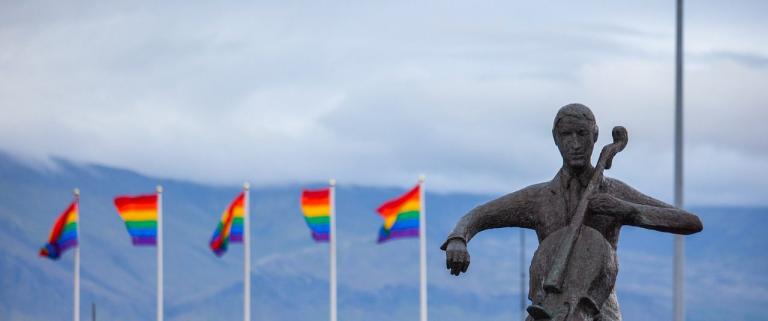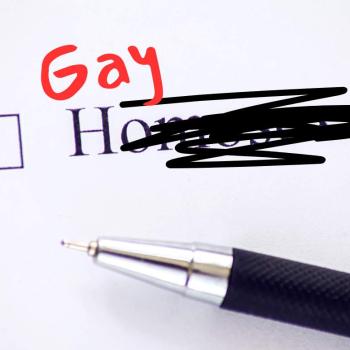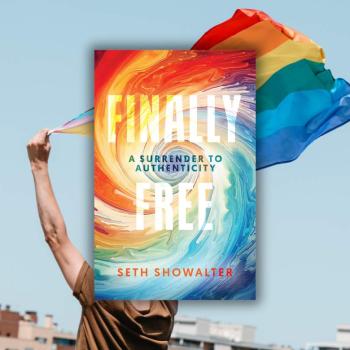
The word “queer” was once used as a pejorative. In fact, to this day, I’m certain some people still use it as such. But more often than not, at least in the circles I run in, “queer” is a self-designation, an endearing term used to describe a number of different things.
“Queer” is represented by the Q in LGBTQ+. (Q can also stand for Questioning.) It can sort of be an umbrella term for anyone who doesn’t neatly fall into the LGBT categories. It typically has to do with ones sexuality, ones gender, or both.
What got me thinking about this term recently, however, is that it is used in a lot of Tolkien’s writings. And if anyone knows anything about me, it’s that I’m a huge Tolkien nerd. Like, annoyingly so. For anyone who has read Tolkien, specifically The Fellowship of the Ring, they’ll realize that the word “queer” is used to describe anything from “strange” Hobbits who live in distant parts of the Shire, to strange woods just outside of it.
What fascinated me about Tolkien’s use of the word, however, is that he didn’t just use it to describe something strange, as one might initially think. When describing the Old Forest, for instance, he uses the word “queer” to describe the trees that attempt to block the four Hobbits’ path. So yes, that is a strange thing to behold, but it is more than that. These “queer” trees were up to something specific.
If we study the etymology of the word, we’ll notice how Tolkien’s use of it fits with the Middle Low German usage. One source I found described “queer” as such:
“To spoil the effect or success of, as by ridicule; to throw a wet blanket on.”
I love this usage. In the Old Forest, the trees, led of course by Old Man Willow, attempted to spoil the success of the Hobbits’ passage through the woods. This is seen as a hindrance because we are rooting for the Hobbits’ success. But what if we take that definition and bring it back into the modern times? “Queer,” then, can be seen as that which “spoils the effect or success” of the heteronormative patriarchy. In other words, the queer movement throws a wet blanket on seeing hetero as default.
Bam!
I love this. Yes, “queer” can be used to describe ones gender or sexual identity, but it can be much, much more than that. It can, like the trees in the Old Forest, be a hindrance to the success of something. Indeed, it can be way of life that begins to dismantle the heteronormativity of our culture.
And who doesn’t want to see that except for insecure straight people, typically men?
Of course, I say this not in order to force the term upon people. If “queer” is a trigger word for you, and you don’t want to describe yourself as such, then don’t use it. Personally, I’ve never used it to describe myself even though I’m openly bisexual. However, when thinking more broadly, I do like it as a way of describing a movement.
What are your thoughts? I’d love to hear them in the comments. Just be kind or you’ll get kicked off my blog faster than Bilbo could kick out a Sackville-Baggins.
If you wanna get to know me better, please follow me on social media. I’m pretty active on all platforms:
Also, if you’ve been digging my work on here, and want to see me be able to continue writing as close to full-time as humanly possible, please take a look at my Patreon page at www.patreon.com/mjdistefano. Even $1 a month helps bigly!!!














